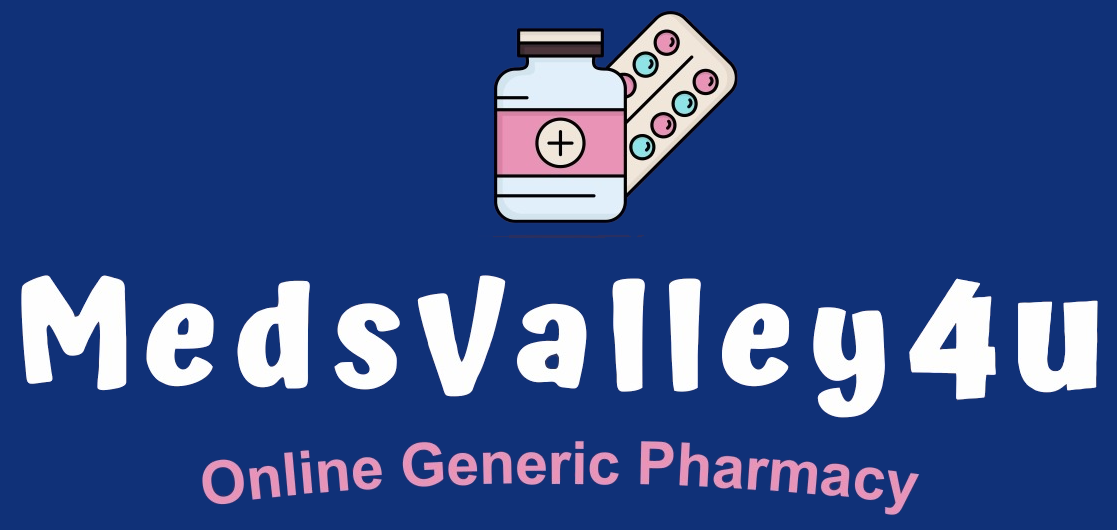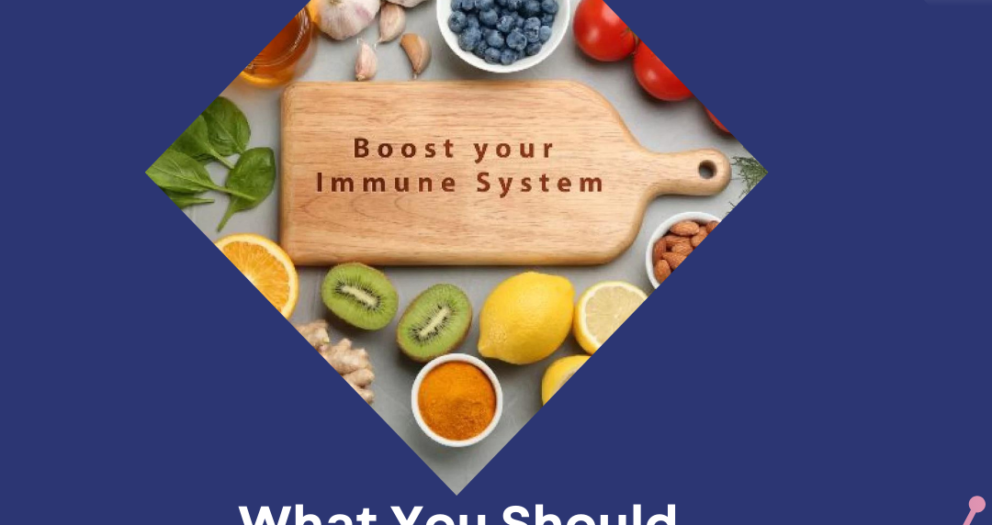Is It Advisable to Experiment with a Diet Free of Lectins?
A lectin-free diet has gained popularity in recent years, driven by claims that it can promote better digestion, reduce inflammation, and improve overall health. Advocates argue that lectins—proteins found in many plant-based foods—can interfere with nutrient absorption, lead to gut irritation, and trigger autoimmune responses. While this idea has garnered attention in wellness circles, it remains a topic of debate among nutrition experts. This article will explore what lectins are, their role in the diet, the potential benefits and risks of a lectin-free diet, and whether it is advisable to experiment with such an eating plan.
What Are Lectins?
Lectins are a type of protein found in most plants, particularly in legumes, grains, seeds, and some vegetables like tomatoes and potatoes. They act as a natural defense mechanism for plants, helping them repel pests. In humans, lectins are believed to bind to carbohydrates on the surface of cells, potentially interfering with their function. Some types of lectins are resistant to digestion and can pass through the digestive system unchanged.
Common foods high in lectins include:
- Beans (kidney beans, lentils, soybeans)
- Peanuts
- Whole grains (wheat, barley)
- Nightshade vegetables (tomatoes, eggplants, peppers)
- Certain fruits (bananas, watermelon)
While lectins in raw or improperly cooked foods, like kidney beans, can be toxic, cooking methods such as boiling, pressure cooking, and soaking can significantly reduce their lectin content, rendering them safe for consumption. In fact, most people consume lectins daily without any adverse effects.
The Lectin-Free Diet Trend
The lectin-free diet became widely known after Dr. Steven Gundry, a former cardiac surgeon, published his book The Plant Paradox in 2017. In this book, Gundry argues that lectins are harmful to human health and contribute to various chronic diseases, including obesity, heart disease, and autoimmune disorders. His proposed solution is to avoid foods rich in lectins and replace them with lectin-free or low-lectin alternatives. According to Gundry, doing so can improve digestion, reduce inflammation, and support weight loss.
Gundry’s theory revolves around the concept of leaky gut syndrome, a condition where the intestinal lining becomes permeable, allowing harmful substances to leak into the bloodstream. Lectins, he suggests, may play a role in weakening the gut barrier, triggering an immune response and leading to chronic inflammation.
Potential Benefits of a Lectin-Free Diet
For certain individuals, particularly those with specific sensitivities or autoimmune conditions, eliminating or reducing lectin intake might offer some benefits. Here are a few potential advantages of experimenting with a lectin-free diet:
- Improved Digestion: People with digestive issues such as irritable bowel syndrome (IBS) or leaky gut may find relief by reducing their intake of lectin-containing foods. Since some lectins can resist digestion, they might contribute to digestive discomfort or bloating in sensitive individuals. By removing foods that are harder to digest, the gut may experience less irritation.
- Reduced Inflammation: Chronic inflammation has been linked to a wide range of health problems, from arthritis to cardiovascular disease. Some proponents of the lectin-free diet claim that reducing lectin intake can help lower levels of inflammation, especially in people who are more susceptible to immune reactions triggered by certain foods.
- Autoimmune Disease Management: There is some evidence that lectins may contribute to the development of autoimmune diseases like rheumatoid arthritis or lupus by triggering the immune system to attack the body’s own tissues. While this is still a controversial theory, some patients with autoimmune disorders report feeling better after reducing lectin-containing foods from their diet.
- Weight Loss: Supporters of the lectin-free diet argue that avoiding lectins can lead to weight loss, possibly by reducing inflammation and improving gut health. However, it’s important to note that any diet that reduces the consumption of processed and high-calorie foods can lead to weight loss, so the specific role of lectins in this process remains unclear.
Risks and Downsides of a Lectin-Free Diet
While there may be potential benefits for certain individuals, a lectin-free diet also comes with risks and potential downsides. Cutting out a wide range of nutrient-dense foods that contain lectins may lead to nutrient deficiencies and other negative health outcomes.
- Nutrient Deficiency: Many foods that are high in lectins, such as beans, whole grains, and certain vegetables, are also rich sources of important nutrients like fiber, vitamins, and minerals. Eliminating these foods from the diet without suitable replacements can result in a lack of essential nutrients, particularly fiber, which plays a crucial role in maintaining digestive health. Fiber-rich foods like beans and whole grains help regulate blood sugar, support healthy cholesterol levels, and aid in weight management.
- Restrictive Nature of the Diet: The lectin-free diet is highly restrictive and can be difficult to maintain in the long term. It involves eliminating many common foods, including legumes, whole grains, and nightshade vegetables, which are staples in many traditional diets. This level of restriction may lead to difficulties in adhering to the diet and increase the risk of disordered eating patterns.
- Lack of Scientific Consensus: While Gundry’s lectin theory has attracted attention, it lacks strong scientific backing. Most nutrition experts argue that there is insufficient evidence to support the idea that lectins are harmful to most people when consumed in the context of a balanced diet. In fact, many cultures around the world have consumed lectin-rich foods for centuries without any negative health effects. Cooking methods like boiling and fermenting, which are common in traditional food preparation, significantly reduce lectin content, making these foods safe to eat.
- Loss of Protective Benefits: Research has shown that many foods containing lectins, such as legumes and whole grains, have numerous health benefits, including reducing the risk of heart disease, diabetes, and certain cancers. For example, beans and lentils are known for their heart-healthy properties and can help lower cholesterol levels. Whole grains are associated with a reduced risk of chronic diseases due to their high fiber content and rich array of antioxidants. By cutting out these foods, individuals may miss out on their protective effects.
Who Should Consider a Lectin-Free Diet?
A lectin-free diet may be worth considering for people with specific health conditions or sensitivities to lectin-rich foods. For example:
- Individuals with certain autoimmune conditions might experiment with reducing lectin intake to see if it alleviates symptoms.
- Those with diagnosed digestive issues like leaky gut syndrome or IBS might also benefit from reducing or eliminating high-lectin foods, at least temporarily.
- People who suspect they have food sensitivities or intolerances may want to try an elimination diet, which could include temporarily removing lectins to identify any potential triggers.
However, it’s essential to approach this diet with caution and consult a healthcare professional before making significant changes to your eating habits. A registered dietitian or nutritionist can help ensure that you’re still getting all the necessary nutrients while experimenting with a lectin-free or reduced-lectin diet.
Conclusion: Should You Experiment with a Lectin-Free Diet?
While some individuals may benefit from reducing lectins in their diet, there is no strong evidence to suggest that a lectin-free diet is necessary or beneficial for the general population. Most people can safely consume lectin-containing foods, especially when they are properly prepared through cooking or soaking. These foods offer numerous health benefits, from supporting heart health to reducing the risk of chronic diseases.
For those with specific digestive issues or autoimmune conditions, a lectin-free diet might provide relief, but it should be approached with caution and ideally under the guidance of a healthcare professional. The diet’s highly restrictive nature and the risk of nutrient deficiencies make it unsuitable for most people in the long term. Instead, focusing on a balanced diet rich in whole, unprocessed foods may be a more sustainable and health-promoting approach.







Write a comment
Your email address will not be published. All fields are required